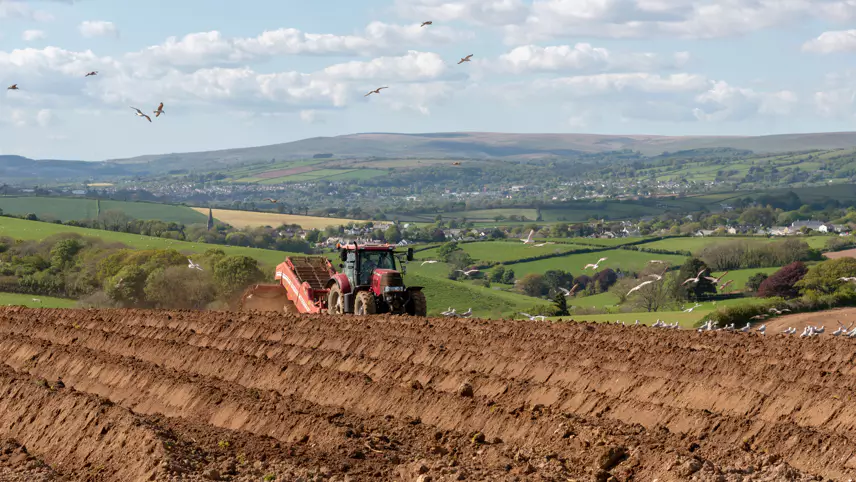Latest reports suggest that the UK government has weakened energy efficiency targets for farmers after lobbying from the National Farmers’ Union.
Recall that the Department for Energy Security and Net Zero (DESNZ) had proposed a 40.9% energy efficiency improvement target for horticulture and a 12% target for poultry in order to cut the carbon footprint of the farming sector and reduce the reliance on fossil fuels to heat greenhouses and sheds.
The government has now reduced those targets to 13% for horticulture and 10% for poultry. Experts have warned this measure will cost growers more in the long run as they will have to pay high energy prices.
Lydia Collas, who is a senior policy analyst at the thinktank Green Alliance, said: “Diluting energy efficiency targets for horticulture will do little to help growers who are struggling to turn a profit. Some didn’t plant last year because energy prices were so high that they knew they wouldn’t recover costs.
With less support to cut energy use, their costs will stay high, as will their emissions. This will undermine the competitiveness of UK horticulture as a whole and incentivise imports.” Farming campaigners are celebrating, however, referring to the reduced targets as “sustainable energy practices”.
Read also: EU agrees to ban exports of waste plastic to poor countries
Reacting, the NFU’s deputy president, Tom Bradshaw, said: “The revision of these targets is a win for collaboration and the commitment to sustainable energy practices, and they are now fair and realistic for the horticulture and poultry businesses involved in the scheme.”
The energy efficiency targets are known to be voluntary and part of the climate change agreement scheme, which is an agreement between UK industry and the Environment Agency to reduce energy use and carbon dioxide emissions. In return, those who contribute to the scheme receive a discount on the climate change levy, a tax added to electricity and fuel bills.
The NFU’s energy managing director, Tim Crocker, said: “This is a significant victory for horticulture and poultry businesses participating in the climate change agreement scheme. By working collaboratively with both members and the NFU it meant that we could successfully advocate for revised reduction targets that accurately reflect the challenges faced by businesses in the last target period. We, at NFU Energy, extend our gratitude to all those that have contributed to this achievement.”
According to reports, about 10% of the UK’s net greenhouse gas emissions come from the agriculture industry. A DESNZ spokesperson said: “Our climate change agreements, backed by £300m of support each year, help more than 2,500 businesses improve their energy efficiency and reduce their costs in the long term.
Story was adapted from the Guardian.
